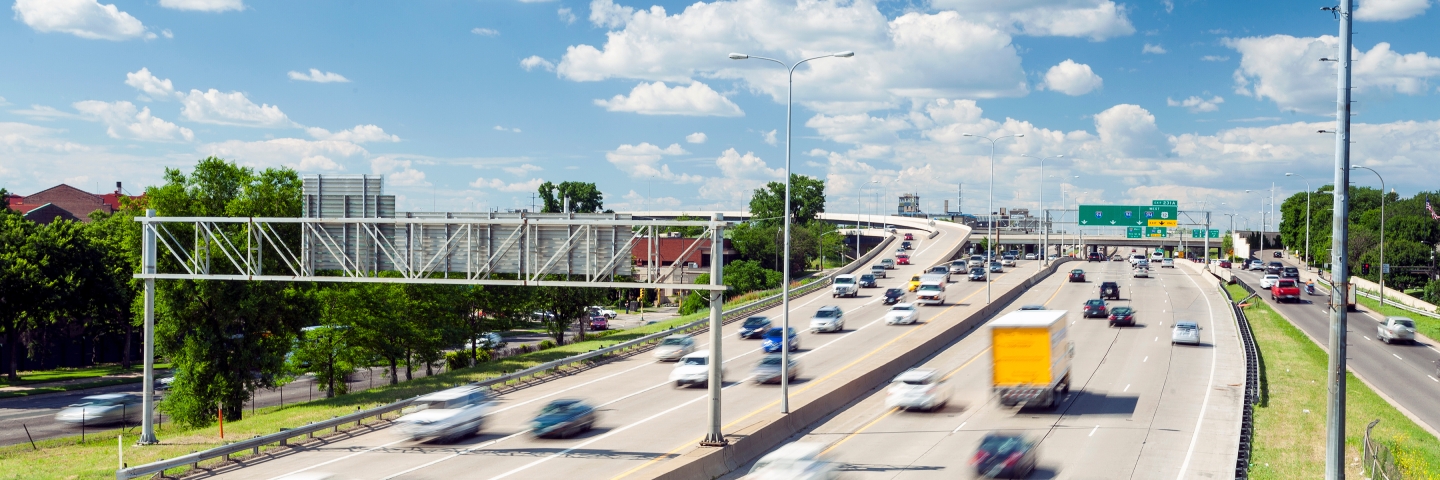Minnesota is a national leader in ensuring healthy air quality. The Clean Air Act requires states to take significant responsibility for preventing and controlling air pollution. States must pass laws, write rules, and issue and enforce air emission permits to ensure that permittees meet all federal and state regulations.
Federal standards
Congress established the Clean Air Act in 1970 and made major revisions in 1977 and 1990. The EPA sets National Ambient Air Quality Standards (NAAQS) for six common pollutants, called “criteria pollutants,” and describes the structure for attaining compliance with the standards. The EPA also develops standards for vehicles and industrial sources of pollution.
The Clean Air Act addresses hazardous and toxic air pollutants, acid rain, chemicals that damage the ozone layer, and regional haze. It also allows the EPA to address new pollution challenges as they arise. For example, the agency has developed regulations to address greenhouse gases that cause climate change.
States must develop implementation plans to achieve and maintain compliance with the NAAQS. The plans include state regulations and air pollution permits to limit emissions, including situations that cross state lines and cause compliance problems in neighboring states.
Neighborhood sources
The MPCA provides financial incentives, education, and technical assistance to help reduce the numerous, unregulated neighborhood sources of pollution, such as vehicles, wood smoke, small businesses, and more. Total emissions from these smaller sources are significantly greater than all the industrial sources in the state.
Air pollution reduction grants
The MPCA offers grant programs to help reduce air pollution from various sources including vehicles, industrial equipment, refrigerants, and more.
For example, we offer Diesel Emissions Reduction Act (DERA) grant dollars to fund replacement of large, older diesel engines that create a lot of pollution. Changing even one of these older diesel engines to a newer, cleaner-burning model can be the same as taking thousands of cars off the road. DERA funds are now being used in conjunction with money from the Volkswagen settlement to reduce emissions in Minnesota, especially in communities most impacted by vehicle pollution.
Visit our Grants and loans page to see all open grant opportunities.
Regulating greenhouse gases
State agencies in Minnesota are working together to mitigate the impacts of climate change and to adapt to changes already occurring. Mitigation limits the magnitude and progression of climate change by reducing emissions of greenhouse gases that warm the atmosphere and surface of the planet.
